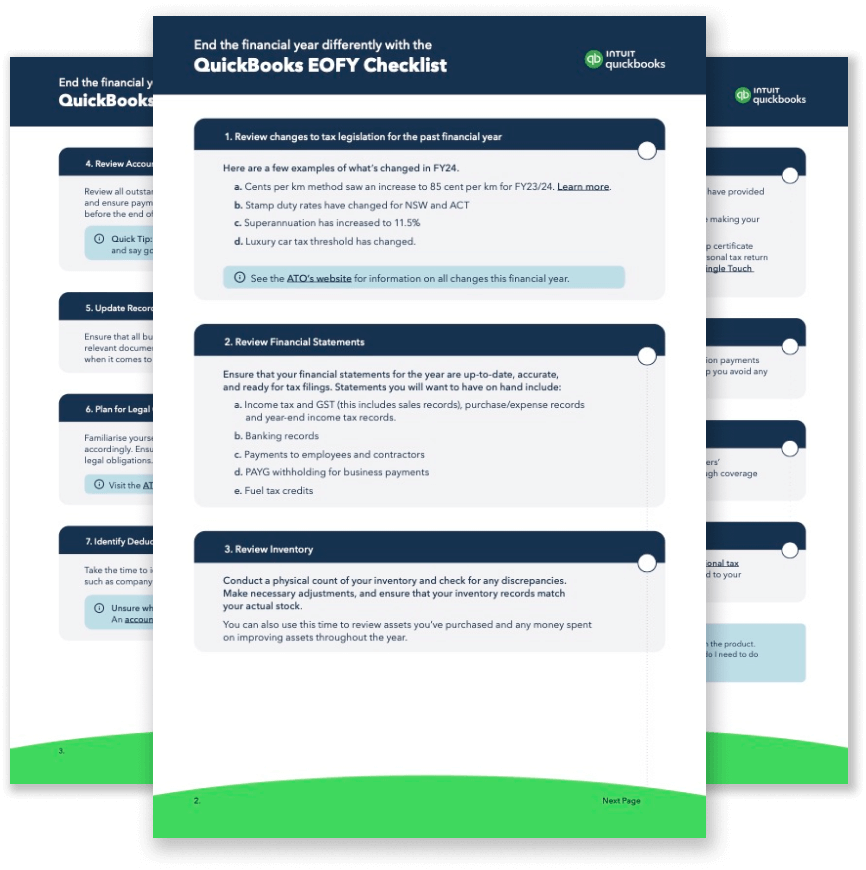What is an Operational Expense?
Operational Expense Definition
An operational expense (OPEX) is a cost associated with the day-to-day operations of a business. These expenses are incurred as part of running a business and are not directly related to the production of goods or services. OPEX are sometimes referred to as "overhead" costs.
Examples of operational expenses include:
- Rent and utilities: The cost of renting business premises and paying for utilities, such as internet, phone, and electricity.
- Salaries and wages: The expense of paying employee salaries and wages for their work.
- Office Supplies: The cost of supplies such as paper, toner, and other office supplies.
- Marketing and Advertising: The expenses incurred for marketing and advertising the business such as promotional materials, advertisements, and marketing campaigns.
- Maintenance and repairs: The cost of maintaining and repairing equipment and facilities used in the business.
- Insurance: The cost of insurance policies to protect the business from various risks.
- Legal and Accounting Fees: The expenses incurred for legal and accounting services required by the business.
- Administrative Expenses: The cost of general office administration, including rent, office equipment, and office supplies.
OPEX is distinguished from cost of goods sold (COGS), which is the cost of producing or acquiring the goods or services that are sold by the business. Operational expenses are considered ongoing expenses that are required to keep the business running, while the cost of goods sold is directly related to the production of those goods or services.
Managing operational expenses is essential to the success of a business, as these expenses can quickly add up and affect the bottom line. A careful balance must be struck between reducing expenses and investing in the business's growth and improvement.
Operational expenses are a critical aspect of financial management for any business, regardless of its size. Here are some additional points to consider about operational expenses:
- Maintain a Control Over Operational Expenses: It is important for businesses to keep a close eye on operational expenses and work to control them whenever possible. This may involve negotiating better deals with vendors or finding more efficient processes and systems to streamline operations.
- Differentiate Essential and Non-Essential Expenses: Businesses need to differentiate essential and non-essential operational expenses. Essential expenses are those that are required for the business's fundamental functioning, while non-essential expenses are those that don't impact operational outcomes. By distinguishing between the two, businesses can better prioritize their expenses.
- Utilize Expense Management Tools: The utilization of expense management tools can help businesses manage and track their operational expenses more efficiently. The integration of software such as accounting and payroll software can help to streamline accounting and minimize errors in waste management.
- Consider the Impact of Capital Expenses: Businesses must also consider how capital expenses will affect their operational expenses over the longer term. Investments in new equipment or facilities can help to improve efficiency and productivity, but the initial outlay will need to be amortized over time.
- Keep an Eye on Cash Flow: Keeping cash flow positive is a critical aspect of managing operational expenses. This means ensuring that enough cash is available to pay bills as they become due. Monitoring cash flow and staying on top of accounts payable and receivable are essential to maintaining a favorable cash flow.
In summary, effectively managing operational expenses is essential for businesses of all sizes. By keeping a close eye on expenses and using tools to manage them, businesses can maintain a good control, prioritize their spending, and operate more efficiently overall.






